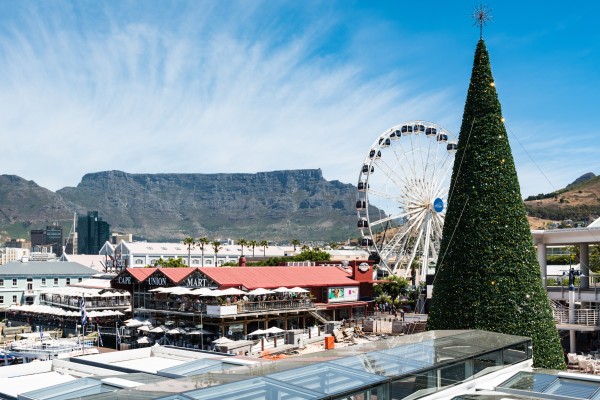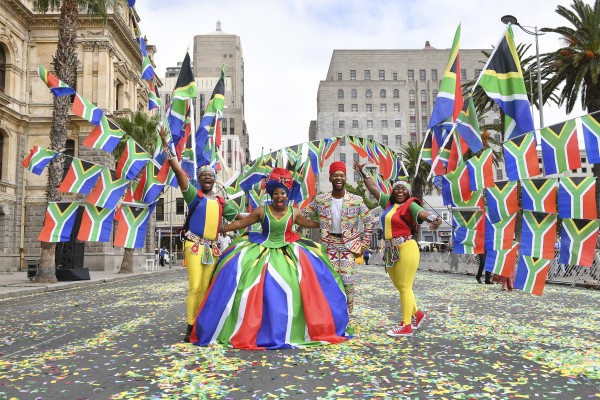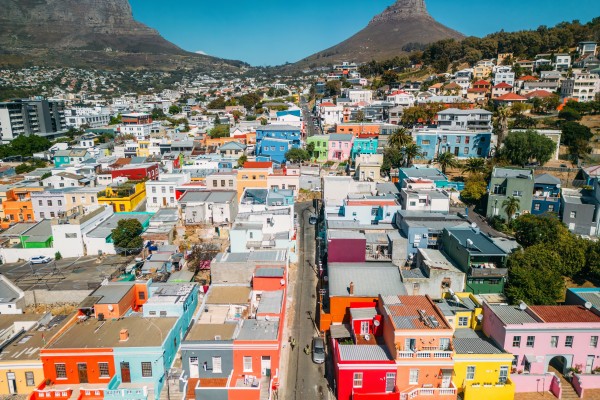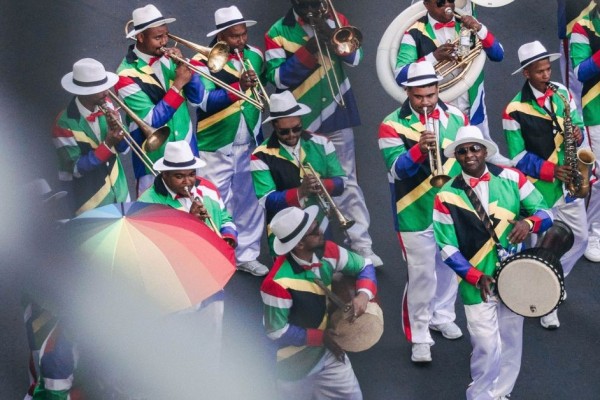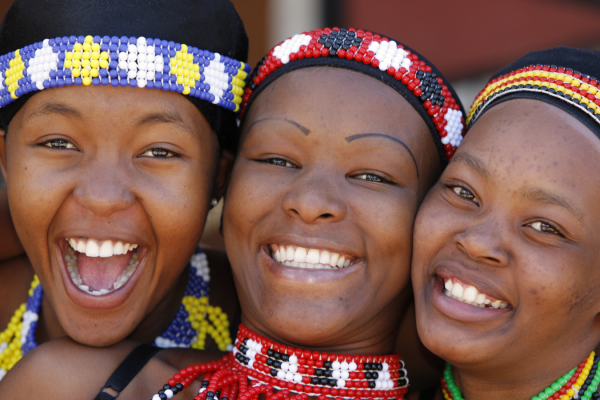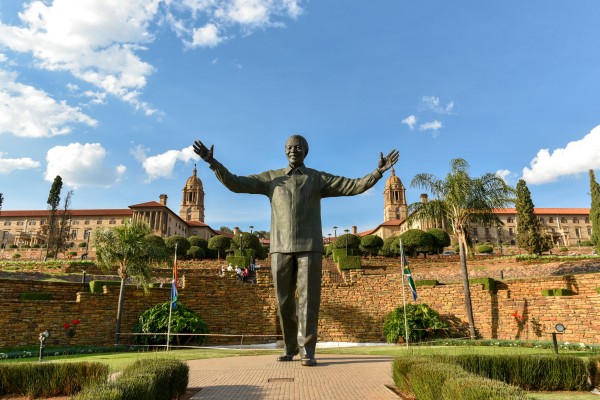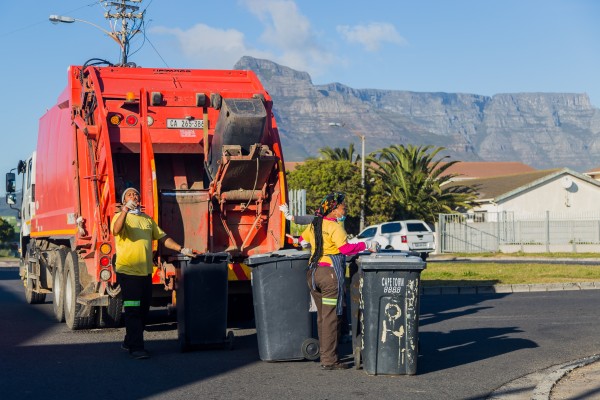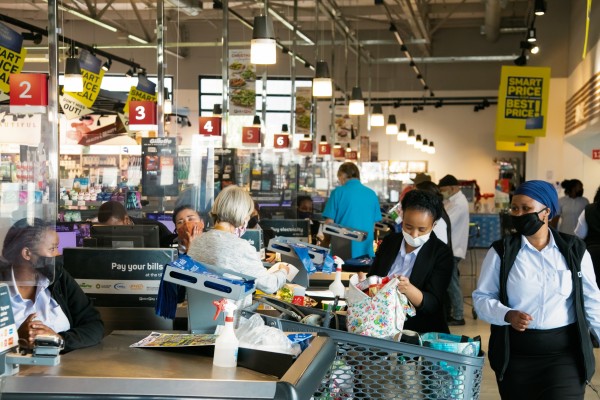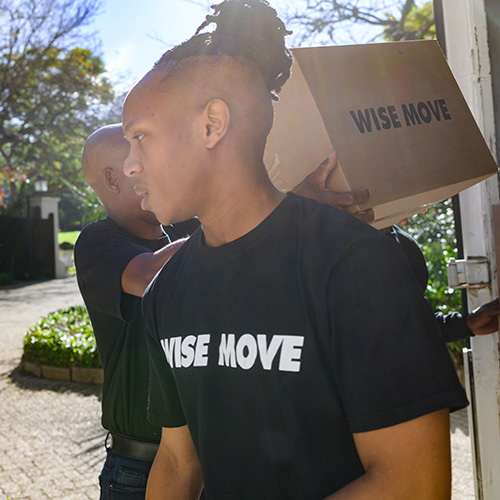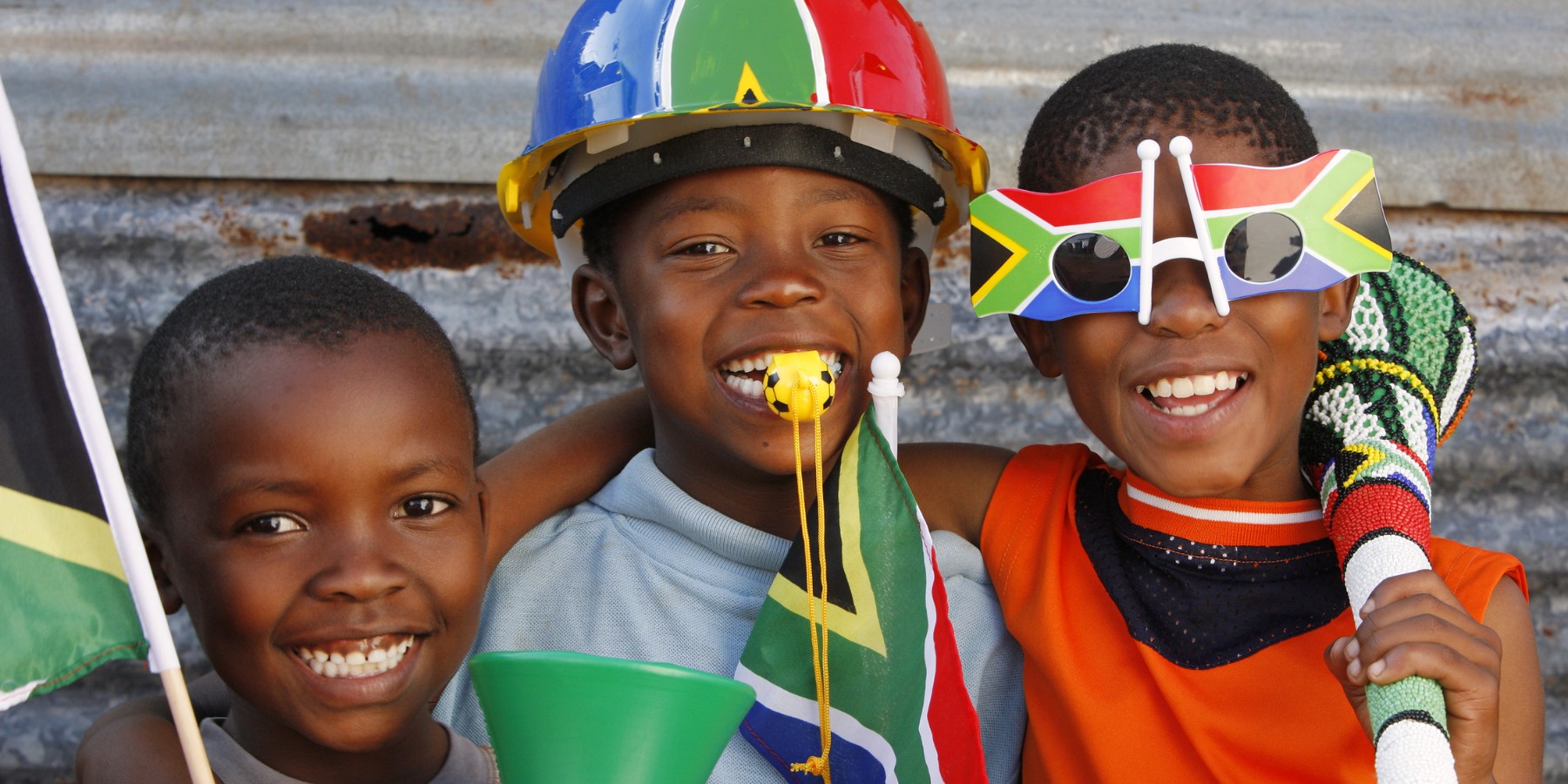
South Africa loves to celebrate with an impressive number of public holidays spread throughout the year. With South Africa’s rich history, cultural heritage and values, there is a lot to remember, celebrate and commemorate.
But with so many public holidays, it can be easy to sometimes get them confused, not knowing when one will pop up. And the last thing you want is to be the only one to show up for work one day and realise you have the day off.
So it can be very handy to be familiar with South Africa’s many public holidays. Plus, navigating through these public holidays provides an opportunity for both locals and visitors to immerse themselves in the vibrant tapestry of South African life.
Let’s take a look at all the public holidays in South Africa, when they are, what they mean, how they are celebrated and more.
How Many Public Holidays Does South Africa Have?
South Africa has 12 public holidays in total throughout the year. However, it varies each year depending on if some public holidays fall on a weekend and are observed. Or, like in 2023 with the celebration of the Springbok’s Rugby World Cup win, sometimes an extra public holiday is added.
What Happens When a Public Holiday Is on the Weekend in South Africa?
If the public holiday falls on a Saturday, unfortunately, it stays on the Saturday. But if the public holiday falls on a Sunday, the following Monday becomes a public holiday, known as a public holiday observed.
A List of Public Holidays in South Africa
Here’s the complete list of all of South Africa’s public holidays, including their dates, their significance and how they are typically celebrated.
1. New Year's Day (1 January):
Significance: New Year's Day is the first day of the year.
Celebration: Join in public celebrations! Attend parties or relax on the beach as many South Africans welcome the new year with family and friends.
2. Human Rights Day (21 March):
View this post on Instagram
Significance: Commemorating the Sharpeville Massacre in 1960, Human Rights Day advocates for the protection of human rights.
Celebration: Participate in events that promote awareness of human rights issues, attend discussions and engage in community projects that foster equality and justice.
3. Good Friday (~29 March):
Significance: The beginning of Easter weekend, Good Friday is a Christian holiday commemorating the crucifixion of Jesus Christ.
Celebration: Attend solemn church services, fasting, prayer and quiet reflection on the crucifixion of Jesus Christ.
4. Family Day (~1 April):
Significance: The last day of Easter weekend, Family Day, also known as Easter Monday, is a Christian holiday commemorating the resurrection of Jesus Christ.
Celebration: Attend family gatherings, outdoor events and community festivities, marking the continuation of Easter celebrations.
5. Freedom Day (27 April):
Significance: Celebrating the first democratic elections in 1994, Freedom Day marks the end of apartheid.
Celebration: Attend parades, cultural events and music festivals. Reflect on the journey towards a free and democratic South Africa by visiting historical sites.
6. Workers' Day (1 May):
Significance: Acknowledging the contributions of workers to the country's development, Workers' Day is a day to celebrate labour rights.
Celebration: Attend workers' rallies, join in parades and participate in community events that recognise and appreciate the workforce.
7. Youth Day (16 June):
View this post on Instagram
Significance: Commemorating the Soweto Uprising in 1976, Youth Day honours the role of young people in the fight against apartheid.
Celebration: Participate in educational programs, attend youth-focused events and explore museums dedicated to the struggle for freedom.
8. National Women's Day (9 August):
Significance: Honouring the women who marched to the Union Buildings in 1956 to protest against the pass laws, demanding equal rights, National Women's Day celebrates the role of women in society.
Celebration: Attend events highlighting the achievements of women, participate in women's empowerment programs and reflect on gender equality issues.
9. Heritage Day (24 September):
Significance: Originally known as Shaka Day, Heritage Day celebrates South Africa's diverse cultures, traditions, and heritage.
Celebration: Join in "Braai Day," a tradition where South Africans gather for a braai, embracing the nation's culinary diversity (and the nation’s love of beer !). Attend cultural festivals and explore local customs.
10. Day of Reconciliation (16 December):
View this post on Instagram
Significance: Originally, the holiday recognized the Voortrekkers' victory over the Zulu at the Battle of Blood River in 1838, this holiday encourages unity and peace among different peoples and groups in South Africa.
Celebration: Attend community events, cultural activities and discussions to foster unity, understanding and reconciliation among diverse groups.
11. Christmas Day (25 December):
Significance: A global celebration of the birth of Jesus Christ, Christmas is also a time for family gatherings and festive cheer.
Celebration: Experience the unique South African Christmas traditions, such as enjoying a "braai" with family and friends. Attend Christmas markets and carol concerts.
12. Day of Goodwill (26 December):
Significance: Formerly known as Boxing Day, this day encourages acts of kindness and goodwill towards others.
Celebration: Engage in charitable activities, attend community events or explore the outdoors with family and friends, especially the beach if the weather is good.
Looking to Move Houses on a Public Holiday?
Some people celebrate their public holidays and days off by moving houses. If one of South Africa’s public holidays is the only day you have available to move houses but are worried that moving services will be taking the day off — don’t worry, Wise Move has you covered!
Wise Move’s moving company platform connects you with local movers who are ready to help you move at affordable prices on weekdays, weekends and even public holidays.
All you have to do is post your moving request with the details of your move, and you’ll be connected with a bunch of trusted local movers who are able to meet your request, sending through their quotes for you to compare and choose the one that best suits you.
Start planning your public holiday move today by checking out Wise Move.
What do our customers say?







